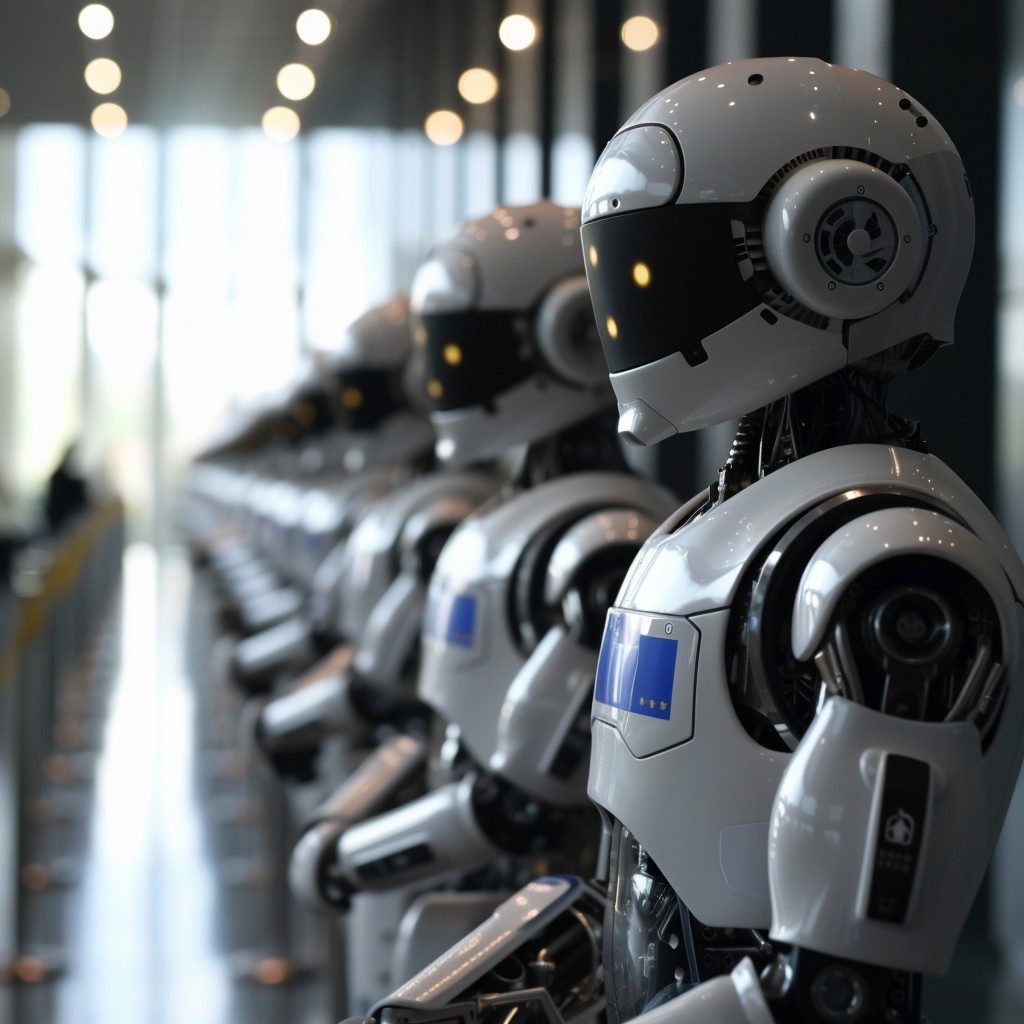Former Pakistan Prime Minister Imran Khan reportedly used AI technology to deliver a speech to his supporters from behind bars.
According to reports, Khan’s political party, Tehreek-e-Insaf (PTI), used AI technology to generate an audio voice recording of the jailed political. The voice recording merged with photos of Khan, was played during the party’s virtual rally on Sunday ahead of an upcoming general election set to be held in February.
Khan Uses AI to Campaign for His Party
“My fellow Pakistanis, first, I would like to praise my social media team for this historic attempt,” said the AI-generated voice. “Perhaps you are wondering what my condition is in jail … My determination for real freedom is strong.”
The voice continued: “Our party is not allowed to hold public rallies. […] Our people are being kidnapped, and their families are being harassed.”
The rally reported attracted a massive audience across the country, so much so that there were reports of a nation-scale disruption to social media platforms, including X/Twitter, Facebook, Instagram and YouTube.
Meanwhile, Khan’s party accused the country’s state-run telecommunication regulatory authority of the disruptions, alleging they deliberately distributed the service to meddle with the party’s rally.
“This is proof of the fear of the unprecedented popularity of Imran Khan’s PTI! In what was an expected move, the illegitimate, fascist regime has slowed down internet speed & disruption of social media platforms all across Pakistan, prior to PTI’s historic Virtual Jalsa (public meeting),” reads a statement issued by the party.
Implications of Khan’s AI Voice Clone
Khan, international cricket star-turned-politician, was sentenced to three years in jail on 5 August. He was convicted of corruption for not declaring money earned from selling gifts he received during his time in office from 2018-2022.
The use of AI for Imran Khan’s speech presents a fascinating case study with wide-ranging implications. While it offers opportunities for increased access and novel communication strategies, it also raises critical concerns about potential manipulation, especially when it falls into the wrong hands.
AI voice cloning works by first capturing a person’s voice through recordings. The recordings are then used to train an AI model, which learns to identify the unique characteristics of the voice, such as pitch, tone, and accent.
Once the model is trained, it can be used to generate new speech that sounds almost exactly like the original voice.





